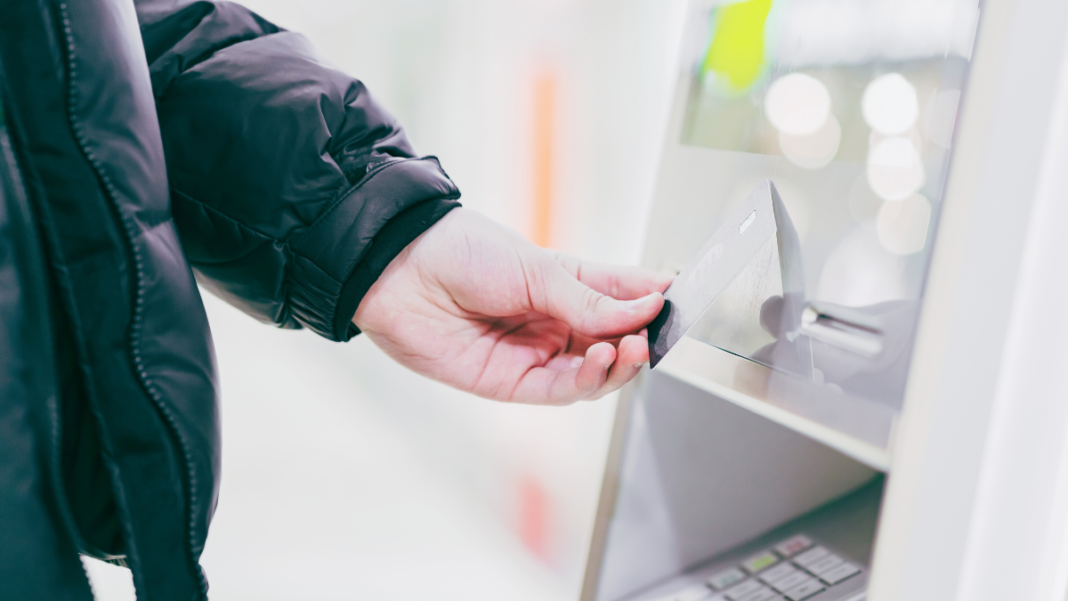Bitcoin ATMs are becoming a common sight, popping up in convenience stores and shopping centers. But the big question remains: Are Bitcoin ATMs safe? Join HTC News as we dive in and explore their safety, fees, and charges so you can decide if they’re right for you.

Are Bitcoin ATMs Safe: What You Should Know
Bitcoin ATMs offer a quick way to buy and sell Bitcoin, but their safety is a concern for many. Here’s the deal:
Regulation and Compliance: Most Bitcoin ATMs are regulated and require you to provide identification. This reduces the risk of fraud and illegal activities. Look for machines operated by reputable companies that comply with local regulations.
Security Measures: These ATMs often have robust security measures. Transactions are encrypted, and the machines are monitored by cameras. Always be aware of your surroundings to avoid theft or fraud.
Anonymity Concerns: While Bitcoin transactions can be somewhat anonymous, Bitcoin ATMs usually require some form of identification. This adds a layer of security but also means your transactions are not entirely private.
User Experience: Ensure the ATM is in a secure location. Public places with surveillance cameras are better than isolated spots. Trust your instincts—if something feels off, it’s better to find another ATM.
(more HTC News Investment Articles)
How Much Does a Bitcoin ATM Charge Per $500? Get the Facts
If you’re considering using a Bitcoin ATM, understanding the fees is crucial. Here’s a breakdown of what you might expect to pay when you transact $500:
Transaction Fees: Bitcoin ATMs typically charge a percentage of the transaction amount. Depending on the operator, this can range from 5% to 20%. For a $500 transaction, you might pay between $25 and $100 in fees.
Exchange Rates: Be aware that Bitcoin ATMs might offer a different exchange rate than what you see online. The rate can be higher, which means you get slightly less Bitcoin for your money. Check the rate before confirming your transaction.
Additional Charges: Some ATMs might have extra fees, such as a flat fee per transaction or charges for using a credit card. Always read the fine print to avoid surprises.
Bitcoin ATM Fees: What You Need to Know Before You Transact
Bitcoin ATM fees can add up, especially if you’re not careful. Let’s break down the different types of fees you might encounter:
Percentage-Based Fees: This is the most common fee structure. As mentioned earlier, it can range from 5% to 20% of the transaction amount. While this might seem steep, it’s the price for convenience.
Flat Fees: Some ATMs charge a flat fee per transaction. This can be added to or instead of the percentage-based fee. It’s essential to check the fee structure before you proceed.
Variable Fees: Fees can vary based on the amount you’re transacting. Larger transactions might have lower percentage fees, so it could be more cost-effective to do one large transaction rather than several smaller ones.
Network Fees: Bitcoin transactions involve network fees, which are paid to miners for processing the transaction. These fees can fluctuate based on network congestion and are usually included in the ATM’s fee structure.
Wrapping Up: Are Bitcoin ATMs Safe?
So, are Bitcoin ATMs safe? The answer is yes, but there are some caveats. These machines offer a suitable way to buy and sell Bitcoin, often with solid security measures and regulatory compliance. However, you must be cautious about your surroundings and the ATMs location. Fees can be substantial, ranging from percentage-based charges to flat fees, and exchange rates may not always be in your favor.
Before using a Bitcoin ATM, consider the costs and safety aspects. Do your homework, choose reputable machines, and always stay vigilant. If you find the fees too high or the safety measures lacking, alternative ways to trade Bitcoin might suit you better. Stay informed and make the choice that best fits your needs.
read more: Should You Invest $100 in Bitcoin?


